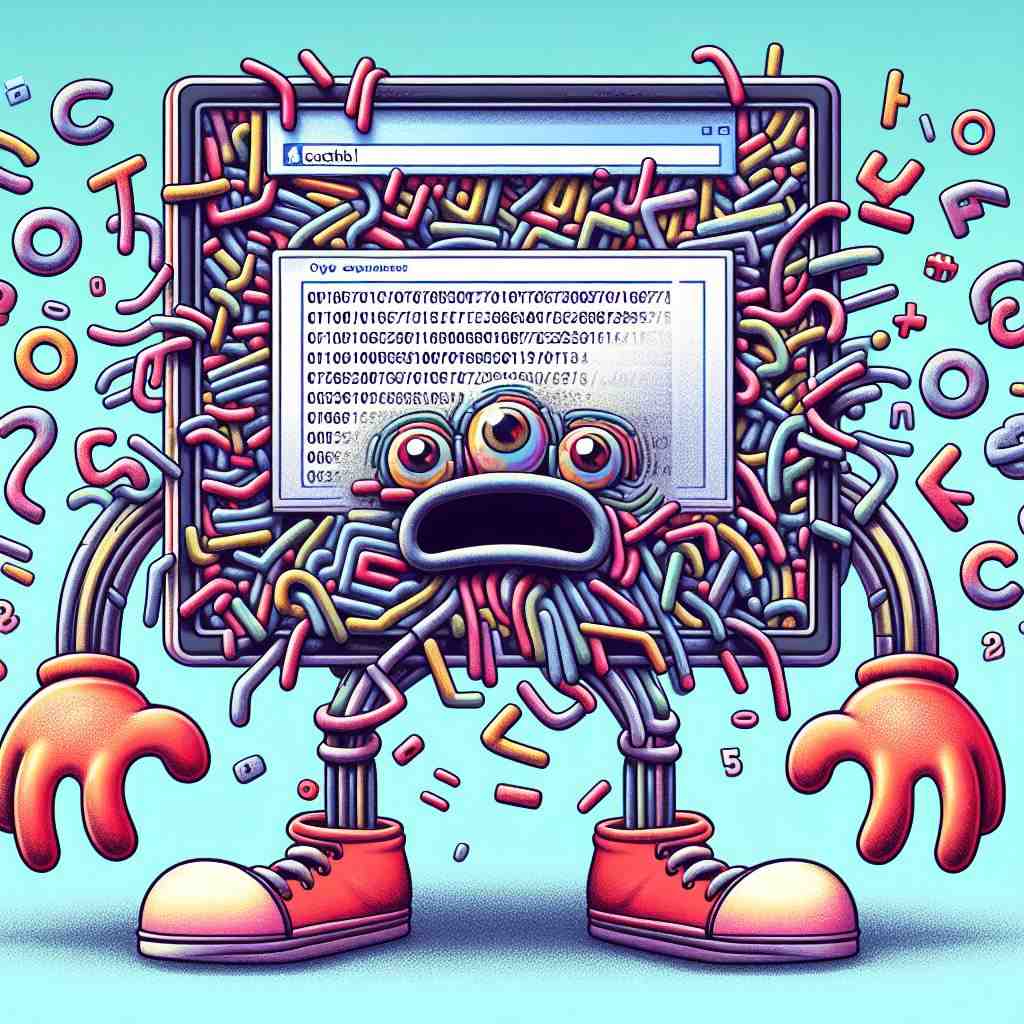CAPTCHAs have been used for a long time as a security measure to restrict computer-generated bots from registering or logging in to a website. Captcha generally helps a website or application decide whether the person who is using the site is a real person or a computer-generated bot.

A computer-generated bot is just like a Google bot, where Google visits each site and copies the information on its servers for search engine ranking and for identifying specific keywords used on that website.
But not all computer-generated bots are good; they are used for hacking and stealing information. These bots are also used for spamming websites.
What is a CAPTCHA?
A CAPTCHA test verifies that a user is human and not a robot. Computers use a test called CAPTCHA to determine whether a user is human. People frequently see these tests online. They are not flawless, but they do aid in controlling robot actions.
Although they are automated, CAPTCHAs aim to prevent robots. They appear on websites by themselves and determine whether a user succeeds or fails.
The full form of CAPTCHA is a completely automated public testing test to tell computers and humans apart.
How does CAPTCHA work?
Tests known as CAPTCHAs use jumbled images that computers can create and check answers for, but they are unable to solve the way humans do in order to pass.
Websites like Google use CAPTCHA to prevent unauthorised access to accounts. In order to protect sensitive information, websites like credit card companies or banks also use CAPTCHA.
Can AI bypass captchas?
In a nutshell, the answer is yes; AIs can now pass captchas. The latest AI technologies, like ChatGPT, can solve CAPTCHAs, but a normal user can’t solve captchas using ChatGPT because open AI has restricted the use of it against captchas.
A traditional reCAPTCHA “find the crosswalks” puzzle was no problem for ChatGPT. ChatGPT also succeeded in resolving an hCAPTCHA task titled “find the dissimilar image” in another test.
According to recent research, AI robots outperform humans at completing CAPTCHA tests. Researchers discovered that robots can solve CAPTCHAs up to 15% faster and more accurately than humans.
Sites like Captchaai have already come on the market, and they promise to solve most of the captchas out there; you just need to pay them some money, and your work is done.
What next for Captchas?
Wait, the story doesn’t end here. I know that AI can solve CAPTCHAs, but as AI is progressing, similar CAPTCHAs are progressing, and now we have multiple ways to authenticate if the user is a human.
Biometric CAPTCHA:
- This type of CAPTCHA is new.
- You use an eye scan or your fingerprint instead of typing letters.
- It’s quick and easy to use.
- People like it more than the old CAPTCHAs.
Behavioural CAPTCHA:
- This CAPTCHA verifies your behaviour.
- It discovers how human behaviour differs from that of computers.
- It records everything you do.
- It uses your past information to verify that you are who you say you are over time.
Gamified CAPTCHA:
- This is comparable to a game.
- You prove you are not a robot by solving entertaining puzzles.
- It is more fun than standard CAPTCHAs.
- It’s also called interactive CAPTCHA because it’s fun to do.
There are some other ways to trap a bot. One is to use Honeypot. In this method, the developer creates an input box that is only visible to a bot and not a user on the website, so when a bot fills out this field, we can identify it as a bot.
Another security measure is two-factor authentication (2FA). Here , You must enter both a code and your password in order to log in. You will receive this code via email or phone.
Conclusion:
AI will try to kill the CAPTCHAs, but the CAPTCHAs will fight their own war for survival. CAPTCHAs will not go away, but they will evolve, and humans should be ready for these next-generation CAPTCHAs.





